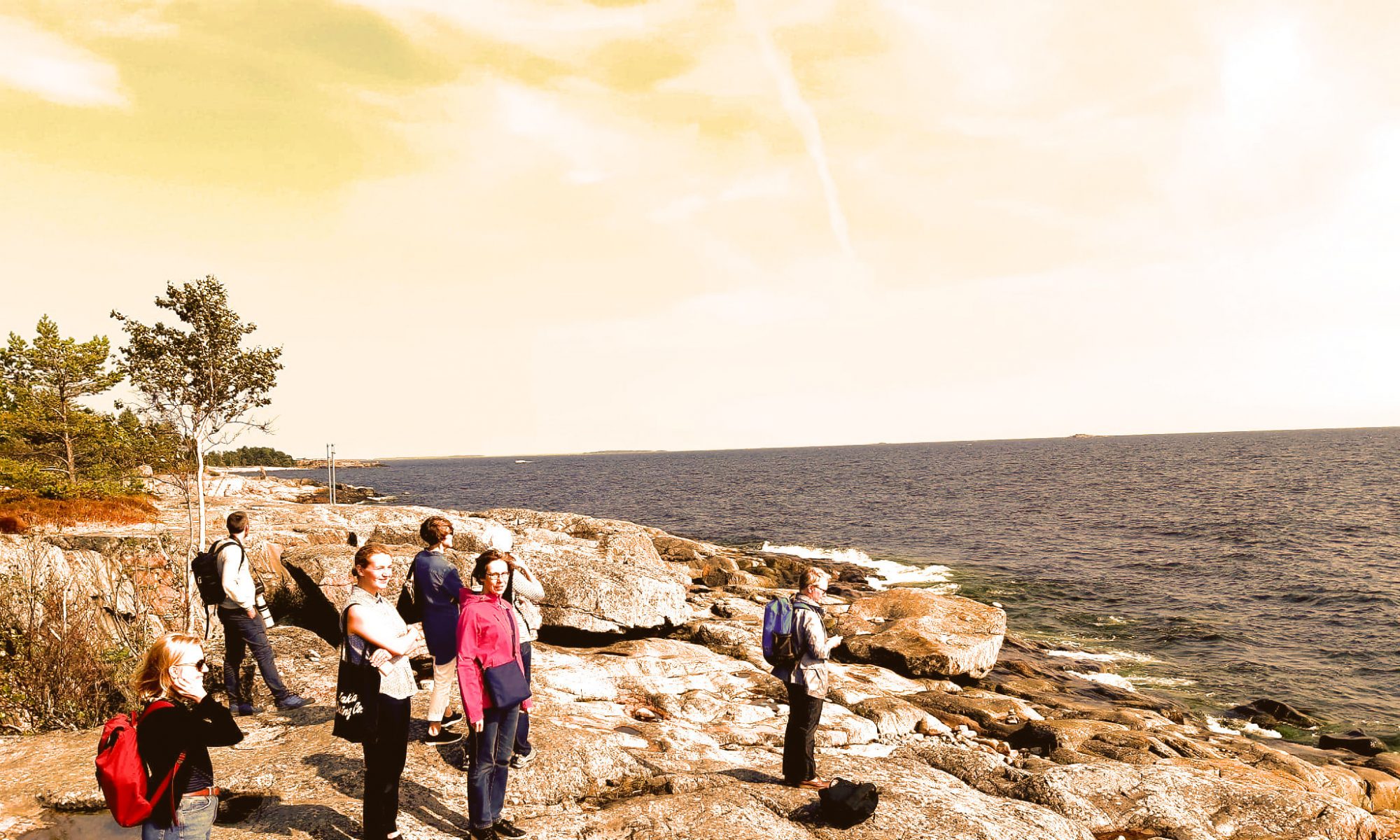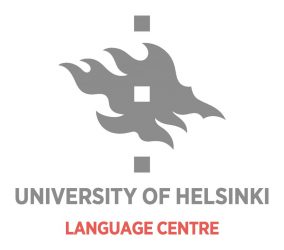For many Finnish language centres, 2018 was a year of digitalisation and cooperation in communication and language teaching. The University of Helsinki Language Centre participated simultaneously in three major nationwide projects focused on the digitalisation of communication and language teaching. Two of them were spearhead projects funded by the Ministry of Education and Culture: the DIGIJOUJOU project for developing digital education in the second national language and the KIVAKO project for improving language resources in higher education institutions. The third project is 2digi, coordinated by the FINELC network of Finnish university language centres, which explores and develops the digital skills of Finnish language centre teachers. The University of Helsinki Language Centre had representatives in the steering groups of all three projects: Ulla-Kristiina Tuomi, the Language Centre’s director, represented the University in the steering group of the spearhead projects, while Janne Niinivaara, the Language Centre’s specialist in communication and learning environments, sat on the steering group of the 2digi project.
More than 10 teachers from the Language Centre participated in the above projects. Some of them share their experiences below.
DIGIJOUJOU – Flexible Finnish and Swedish learning and supervision for the needs of the future job market
The DIGIJOUJOU project, implemented from 2017 to 2019, is a spearhead project funded by the Ministry of Education and Culture for developing Finnish and Swedish teaching. The project involves 52 teachers from 12 higher education institutions, including three university instructors in Swedish and one university instructor in Finnish as the second national language from the University of Helsinki Language Centre. The project aims to create a new kind of diverse, multimedia-based approach to teaching and supervising studies in the national languages of Finland as well as to develop new, flexible methods, online courses and digital learning material. Another goal is to develop the digital teaching skills of language teachers. The teachers have been split into small groups that span institutional boundaries, based on their language and goals.
I wished to participate in the project to develop my digital skills and teaching and to cooperate with language teachers from other higher education institutions. The main goal of our three-member group has been to create modules of support material and supplementary material for advanced Finnish learners (levels B2–C1) studying different fields at different institutions as well as for their teachers. This set of modules will be posted online and made openly available to all higher education students. When creating modules and assignments, we have focused on differentiation and students’ personal goals.
Our participation in the project has enabled us to develop our discipline in ways which would otherwise have been impossible due to lack of time. Thanks to the project, we have, for example, developed a Moodle-based substitute examination in Finnish as the second national language and created an online grammar and language toolkit for Finnish learners at levels B and C (in Finnish).
Text: Hanna Vänskä, university instructor in Finnish
2digi – From analogue to digital
The utilisation of digitalisation in teaching holds great potential for the future. The three-year and three-stage 2digi project enabled cooperation between Finnish language centres. The first stage focused on the processing of background information: What does digital literacy mean at language centres? How can teachers assess their digital skills? What value can digitalisation add to foreign language teaching? The second stage concentrated on concrete benefits for both the teacher and the students (e.g., digital portfolios). The third stage included the development of practical resources to support teaching. A user-friendly summary is available on the project website. What was particularly useful about this project was the cooperation with colleagues at our and other language centres, the reflective approach to working with current challenges, the processing of results, and awareness of the future as a process you can participate in.
Text: Christian Niedling, university lecturer in German
KIVAKO – Improving language resources in higher education
KIVAKO is DIGIJOUJOU’s “sister project” for the development of foreign language resources at higher education institutions, funded by the Ministry of Education and Culture, in which online resources at levels A1–B2 in “smaller” languages are created using digital pedagogical practices. One of these smaller languages is French.
When I heard about the project in summer 2018 and found out about the opportunity to participate in it, I decided to challenge myself because I felt I would still be able to jump on the digital bandwagon if I took this chance. The project has brought together Finnish universities and universities of applied sciences. Our group of 11 teachers also sees the project as an opportunity to save French teaching from being further reduced. So far, we have created a learning path from level A1 to level B2 with modules, and the first segment (three 1-credit modules) will be piloted in autumn 2019.
The project has made me consider what online education and digital learning are and what they are not. We have explored several technical tools and I have improved my Moodle skills. All the courses in the project will be offered to students using the national Digicampus platform, which is similar to Moodle. The most rewarding experience, albeit challenging at times, has been the opportunity to get to know and work with other French teachers. My own small group is absolument superbe, and I feel indebted to my wonderful colleagues throughout Finland. Our networking has already produced many other cooperative projects.
Text: Suvi Kotkavuori, university instructor in French

